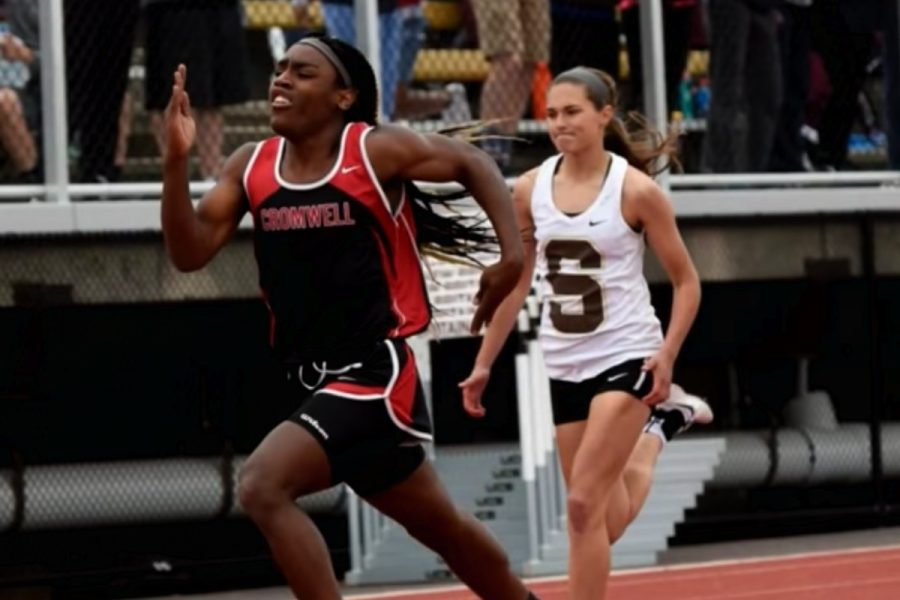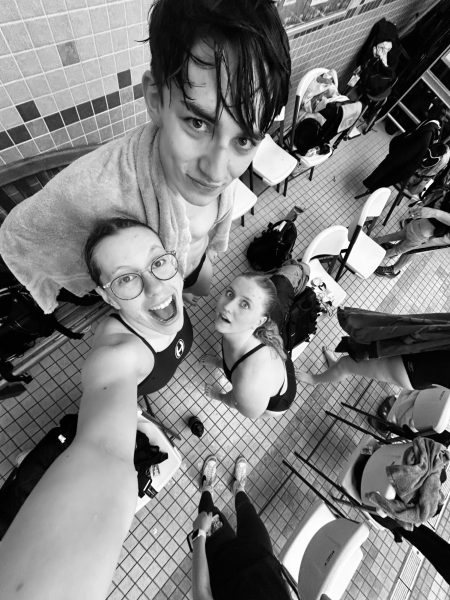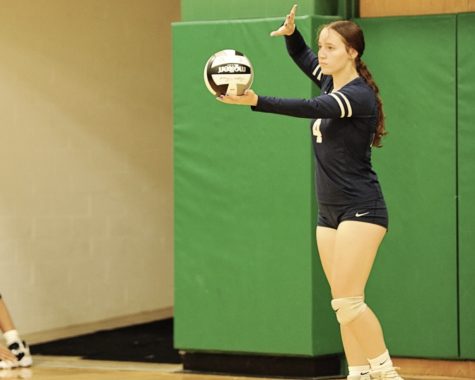Biology over identity: Should transgender athletes be able to participate in women’s sports?
The world is not the same place it used to be. And when the world changes, sports change too.
The history of sports has changed in retrospect to race, religion and, in today’s age, gender identity. As the fight for transgender rights gains national acclaim, obvious repercussions have permeated professional sports.
Whatever your thoughts or opinions on gender dysphoria, I think we can all agree that it paves a difficult road for its host. Obviously, transitioning can subject someone to a lot of adversity, even in the realm of athletics.
The idea of changing your identity and gender is an understandable personal decision, but, for the sake of fairness, male-to-female transgender athletes should have some parameters on whether competition should be allowed.
Cisgender female athletes put years of hard work into their respective sports, and it’s plainly unfair for a trans woman to enter the women’s sports arena and dominate because of their natural male genetics.
In the state of Connecticut, two male-to-female transgender high school athletes have collectively won 15 women’s track championships, breaking records that were previously held by 10 female athletes. In the Alliance Defending Freedom’s official complaint on behalf of three affected athletes, it was argued that “large numbers of girls around the nation…train[ed] much of [their] lives…in order to experience the personal satisfaction of victory, gain opportunities to participate in state and regional meets, [and] gain access to opportunities to be recruited,” only for “those dreams and goals—those opportunities for participation, recruitment, and scholarships—[to be] directly and negatively impacted” by the allowance of biologically male athletes to compete with women if they “claim a female gender identity.”
According to USA Today, in another instance, “a transgender athlete who was born male and underwent sex reassignment surgery competed in a female mixed martial arts competition,” leaving opponent Tamikka Brents “tko’d (a technical knockout), [and] with a concussion and a broken skull.”
Reassignment surgeries cannot get rid of the innate physical advantages that biological men have, and athletes like Brents are paying the price.
The reason men are built bigger, stronger and faster stems from testosterone, which also makes it a lot easier for men to build muscle mass. Men are also taller, have 36% more skeletal muscle mass and boast a greater lung capacity.
Even after a transition is made and hormones supplements begin to take effect, the speed, power and strength built up from years spent competing as a male athlete remain.
For example, if LeBron James developed gender dysphoria and transitioned, he might attempt to compete in the WNBA. Imagine LeBron James in the WNBA.
“Say Lebron James changed his gender…could he stay in the NBA?” Comedian Dave Chappelle questioned during his Netflix special, “Sticks and Stones.” “Or would he have to go to the WNBA, where he would score 800 points a game?”
Even though Chappelle’s comment was a joke in a stand-up comedy routine, he brings up an interesting conversation. His example is but a hyperinflated case of the very real injustice faced by many female athletes in the modern sports arena.
Female athletes already struggle enough to find a name for themselves in a world where men’s sports naturally gain greater acclaim. Allowing transgender women to continue their domination of the female sports world would only perpetuate the sense of inferiority forced upon cisgender female athletes.
In the spirit of fairness to female athletes who have worked their whole lives to attain as much physical prowess as their biology allows, when it comes to sports, biology should outrank identity. If we continue to entertain any ideas to the contrary, the world of women’s sports will forever lie on a basis of unfair advantages.
Female athletes and rights organizations around the world are beginning to speak out against such unfair advantages. Beth Stelzer, cisgender female powerlifter and founder of Save Women’s Sports, is one such activist.
“If biological men are allowed to compete in women’s sports, there will be men’s sports, there will be co-ed sports, but there will no longer be women’s sports,” Stezler said.
This organization by no means has intentions to bring down the transgender community, but rather to preserve biology-based eligibility standards for participation in female sports.
Through tireless effort, women’s sports have been taking substantial strides to gain notoriety in the world today. We should not allow testosterone-based superiority to undermine all the hard work our female athletes have put in to be great.
This is not a political debate. This is a sports debate. Biology, not identity.










